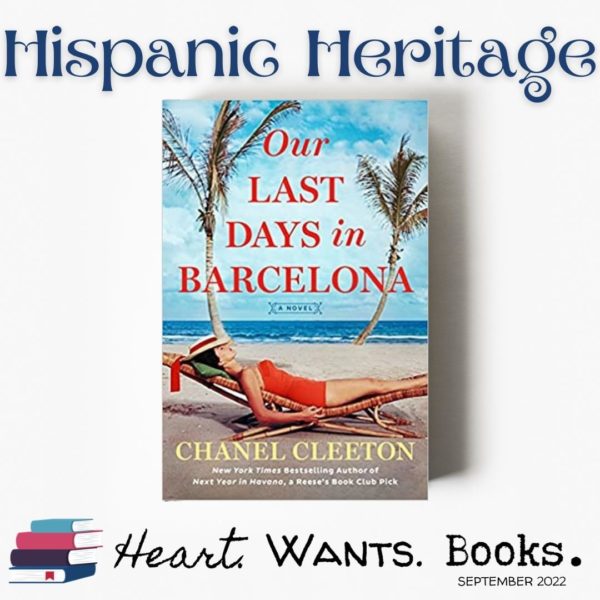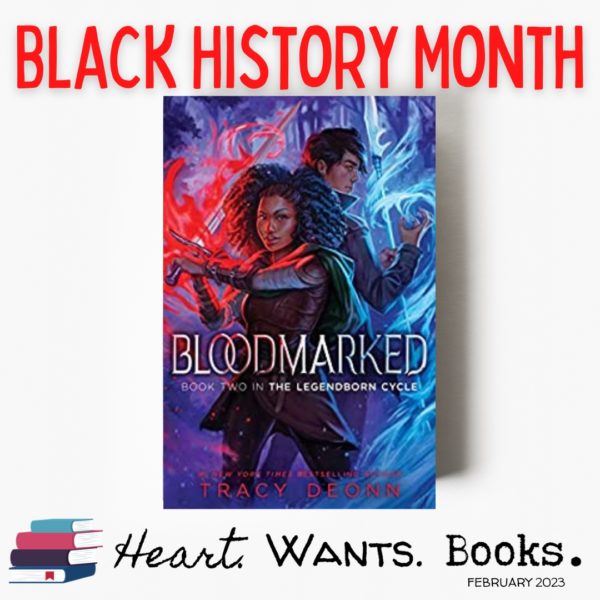Homegoing by Yaa Gyasi August 12, 2021

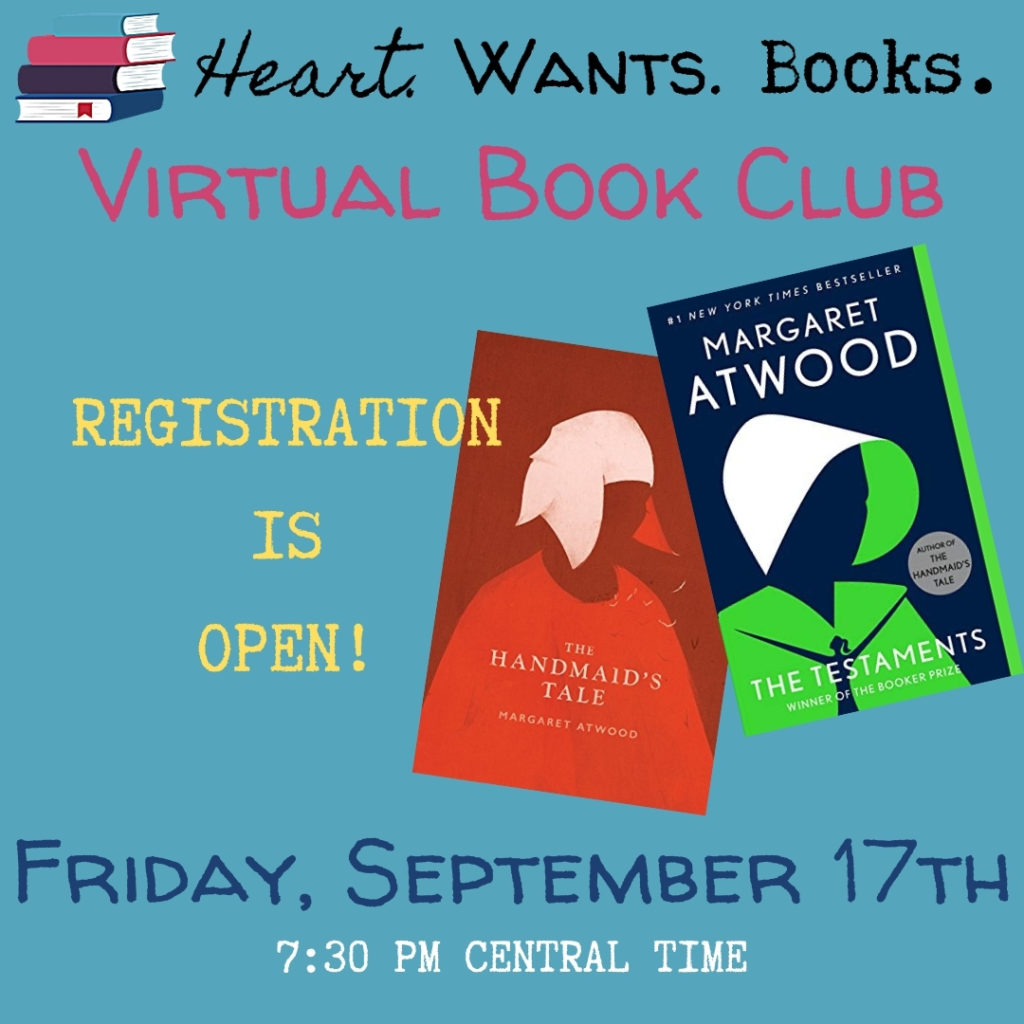
The following post includes affiliate links. More details here. As you’re doing your Amazon shopping, we’d be ever so grateful if you’d use our affiliate link to do so as it helps pay the bills around here!
The trials and tribulations of women is a theme found in both Homegoing and in Margaret Atwood’s The Handmaid’s Tale and The Testaments. We are reminded by the words of Gyasi that “history is written by the powerful” and that “weakness is treating someone as though they belong to you[;] Strength is knowing that everyone belongs to themselves.” Join us on Friday, September 17th as we discuss these deep topics as they relate to Atwood’s works at 7:30pm Central Time for Virtual Book Club. Register at the link here.

I want to begin with a few things I found not surprising about author Yaa Gyasi. We know she is Ghanaian born and American raised. Author of two novels, her 2016 debut Homegoing and her 2020 sophomore effort, Transcendent Kingdom. She has a BA in English from Stanford University and a MFA from the Iowa Writers’ Workshop at the University of Iowa. Unsurprising after having finished Homegoing is that it was selected for the National Book Critics Circle’s John Leonard Award, the PEN/Hemingway award for best first book, and the American Book Award for contributions to diversity in American literature. What I was surprised about was not that it was selected by Ta-Nehisi Coates for the National Book Foundation’s 2016 “5 under 35” award but that Gyasi was actually UNDER 30 at the time AND received a…wait for it… Seven. Figure. Advance. From Knopf. Holy. Talent. Batman.
After you read Homegoing, which begins in 18th century Gold Coast – what is now Ghana – I highly recommend you do a little internet deep dive and read Gyasi’s notes and highlights from the book on GoodReads from earlier this year. It’s always interesting to learn about the things that inspired an author to write a passage in a certain way. The marketing copy gives away everything that you need to know about the premise of the book: the reader follows two half sisters and their descendants, one who is sent through the Middle Passage to America and the other whose branch of the family tree remains in Ghana until the end of the 20th century. The way Gyasi weaves the tales, we receive each generation’s tale like a mirror to the other. This quotation sums up the concept nicely:
You are not your mother’s first daughter. There was one before you. And in my village we have a saying about separated sisters. They are like a woman and her reflection, doomed to stay on opposite sides of the pond.
I also suggest while reading that you take advantage of the family tree that is provided at the beginning of the novel, though there was a point when Nikki told me that she wishes that the family tree was included at the beginning of every chapter. That request has merit in this situation.
Homegoing is well worth the seven figure advance Gyasi received for it, and my 5 star review is going to reflect that and the emotional tidal waves upon which her writing sent me surfing. I do not want to spoil other important lessons weaved throughout the book, or the amazing way all the stories come together in the end. (I was going to say magical but I do not want you to think that there is fantastical magic involved, just the magic of writing!) But I also want to leave you with this excerpt from her GoodReads notes which is a VERY important lesson for everyone to learn:
I am not a historian, though I have great admiration for them, so I knew I could never write a history, but I think what fiction afforded me here was an opportunity to take what was written, what is known, and try to see around it, to fill it in in a way that recognized the interior lives of those who had had their stories written for them.
~Ashley
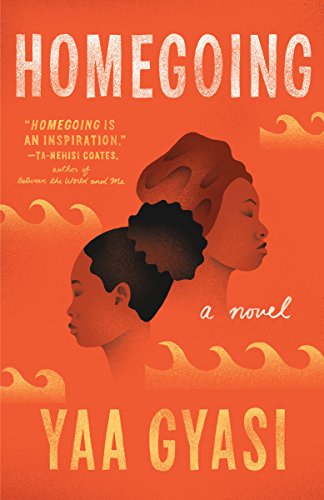
Oh readers, I remembered some of the marketing copy this time, yet I got something I wasn’t expecting in Homegoing by Yaa Gysai, and honestly would have been hesitant to sign up for (which is why I don’t think I read it all), and it was amazing. Like 5 stars, potential for the annual favorites list, amazing.
What I thought I was getting: generational family saga following two sisters from Ghana as one is married off to a colonizer and the other is sold into the slave trade. I expected heavy, real, and important.
What I got: generational family saga following two sisters from Ghana as one is married off to a colonizer and the other is sold into the slave trade told through seven generations from the late 1700s through present day. Each person has a chapter that tells their story starting with the two sisters, and then their children, grandchildren, etc. following one sister’s line in Ghana and the other’s in the United States. And it was heavy, real, and important.
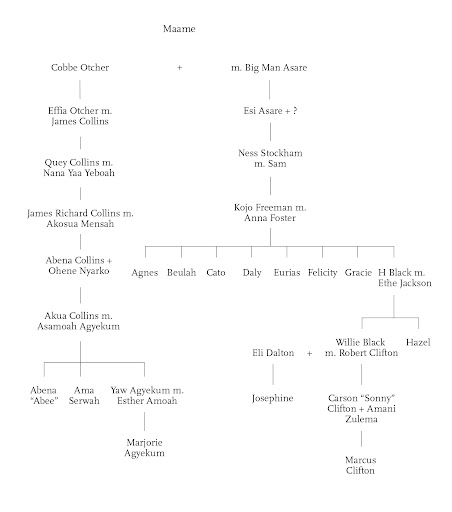
Homegoing has a very helpful genealogy at the beginning that I relied on heavily as I flipped back and forth at every chapter to remind myself of each character’s place in the lineage. While I did want more from each character, as we only got about 20 pages with each one, I didn’t feel like I needed it. These stories were interconnected as we first saw how the sisters were set on their divergent paths by their circumstances and then traveled through the generations that followed, with glimpses of a parent, who was featured in their own chapter, and a child who’d lead a chapter to come. This unusual structure (that I would have hated at a glance) made it very clear to see how the business of incarcerated labor could lead to the drug culture that came two generations later, and many other connections, it facilitated the very impactful statement the book subtly makes about how far away from our humanity power struggles took us as a people, and how much work we still have to do to collectively be our best selves.
As Yaw (the parent of one of our present day characters) says, “This is the problem of history. We cannot know that which we were not there to see and hear and experience for ourselves. We must rely on the words of others.” In Homegoing, Gyasi shares 14 powerful, intertwined stories of generations of struggle, seeking, tragedy, plodding, and perseverance. Her words are fictional, but they represent stories of people who feel real because of her fantastic writing, who could have been real. That is the gift of fiction, regardless of the genre. Stories give us access to the experiences and truths of others, sometimes real, sometimes only real in the author’s mind, and they allow us to have an experience alongside the characters. While I’ll never know what it’s like to be a person who lived two hundred years ago or a person who looks different than me, reading about a person who did or does, even a fictional person, helps me to open myself up to the stories of others, so that I can understand them more, be more empathetic, be kinder, and be a better version of myself, and that is what I’m seeking in books.
What are you seeking in books and how can we help you find it?
~Nikki
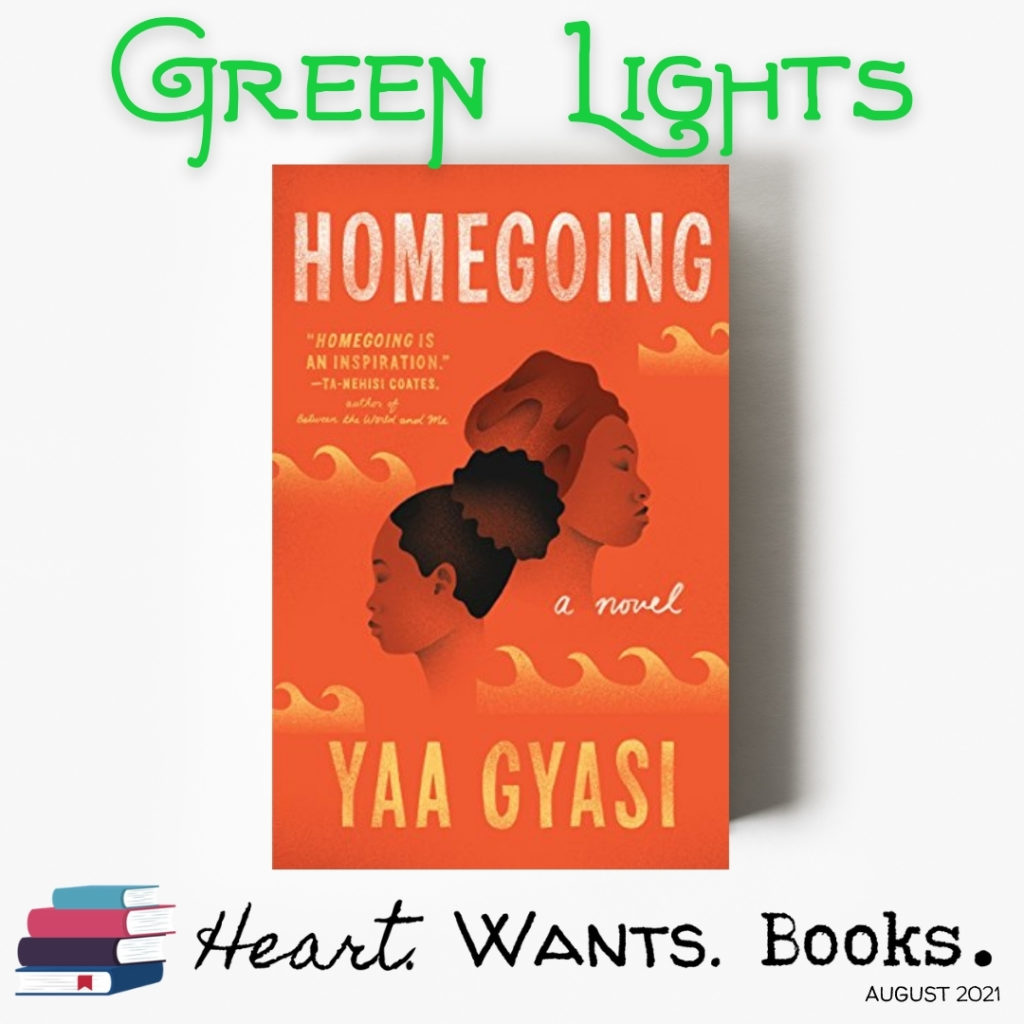
PLEASE SUPPORT US WHEN YOU SHOP BY FIRST CLICKING ON THE IMAGES BELOW:




